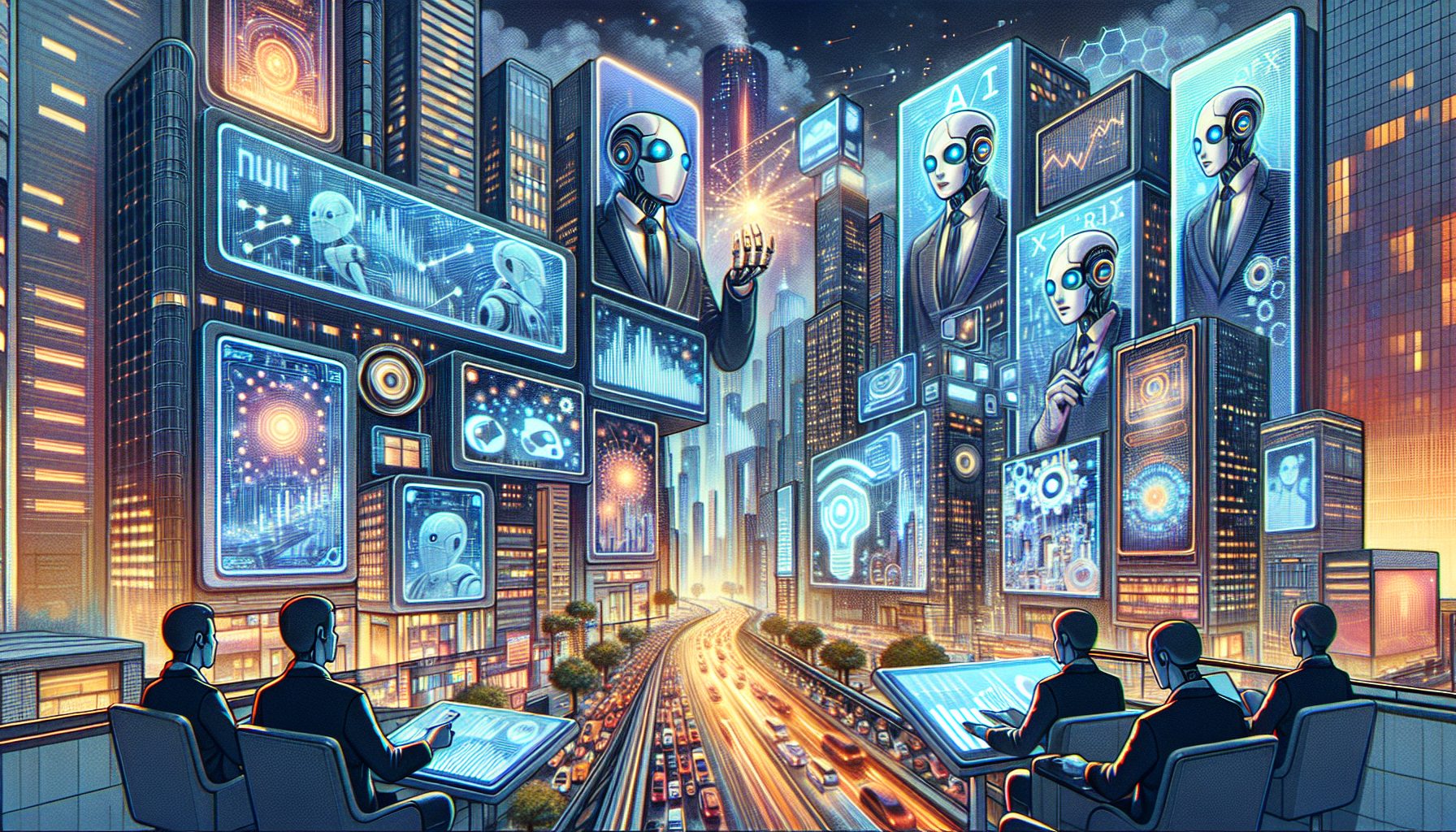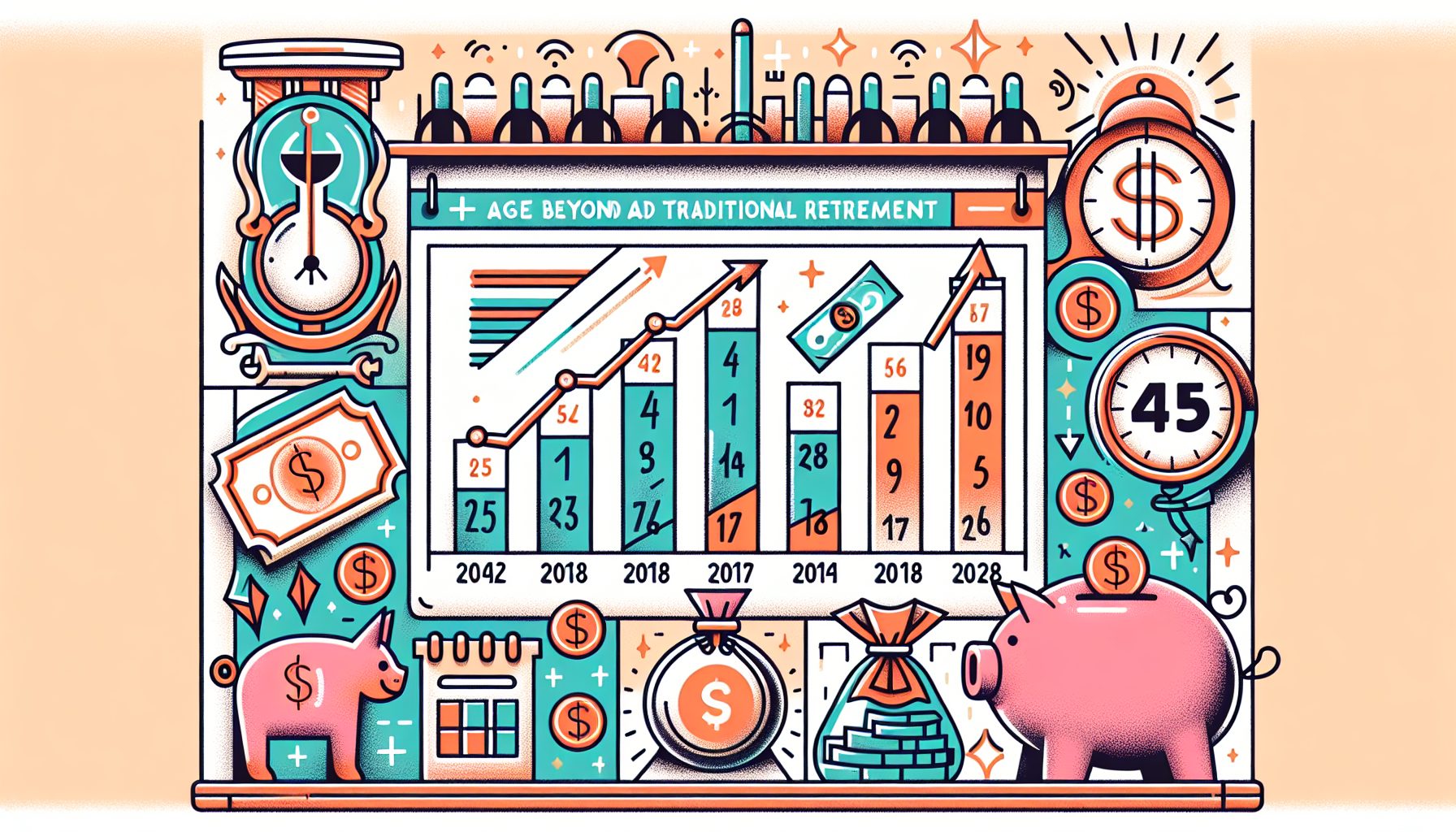By all accounts, the majority of the population should look to invest in sustainability through products and services. Yet many people struggle to go green. Ironically, their dilemma comes in a green form: money.
This problem has been well-researched and documented. Snapshots tell us that 69% of American adults favor the U.S. going carbon neutral and 60% of adults around the world look for eco-friendly options. But there’s a catch: Globally, only 34% of people are willing to pay higher prices for greener items.
It’s a classic case of ethics fighting against economics. After all, if consumers don’t have disposable funds, they have to make tough choices. And sometimes, those choices will go against their gut instincts. However, a few intrepid companies see this as a challenge to rise above through innovation and technology.
The following businesses have shown in one way or another that it’s possible to make green tools and resources more affordable. They acknowledge that it’s a hard task — but hardly an impossible one. With the right systems in play, each of these organizations is moving the needle toward making eco-conscientiousness less costly.
1. Striving to make solar accessible to every homeowner (PosiGen)
Like so many green solutions, residential solar power has been restricted to middle- and upper-income homeowners. Consequently, lower-income and lower-middle income homeowners can’t partake in renewables. Not only does this leave them paying more for their electricity, but it puts up financial barriers to sustainability.
PosiGen is one company that’s striving to take away those barriers and make solar technology accessible. Their business model is unique in that it offers solar panel leases without the need for credit history checks. Homeowners pay a little bit each month to PosiGen to get all the benefits of solar panels. PosiGen receives a steady income stream and PosiGen customers remove themselves from the mercy of the grid.
The PosiGen setup so far has led to 22,000+ active installations in a little more than a decade. The majority of these installations presumably wouldn’t have happened without PosiGen’s visionary solar leasing arrangement.
2. Creating a circular — and style-forward — fashion loop (Renewcell)
Fashion hasn’t been known for being particularly good for the earth or for sustainability practices. Most garments end up in landfills because their components can’t be recycled. At least, that’s been understanding to this point. Renewcell is hoping to change that for good with its Circulose® ingredient.
Circulose is a component created from cotton and related fibers. As Renewcell explains, Circulose is a raw pulp that can be used to generate other fibers. The technology required is as new as it gets. Not surprisingly, Renewcell is getting plenty of coverage. The company has even earned some kudos and interest from iconic jeans brand Levi’s. In fact, the Renewcell-Levi’s relationship is enabling consumers to buy something new that’s made from something old.
Not long ago, Levi’s released its first pair of “circular” 501s. Made using Circulose and organic cotton, the 501s have an admittedly eyebrow-raising price tag of $128. Nevertheless, given that most jeans last for at least 500 wears, that’s only one quarter per wear. Not bad for people trying to weigh style and sustainability. Plus, there’s a good chance that Circulose may get cheaper as it becomes more prolific or others enter the market.
3. Finding potable water using an app (Tap)
Anyone with a recyclable water bottle who’s ever been on the hunt for a nearby water station knows the feelings of frustration. After a while, it’s just tempting to purchase a plastic water bottle and call it a day. Tap doesn’t want that to happen, and it’s engineered an app to make staying on the sustainable course easier.
The Tap app shows users where they can fill up. Water stations join Tap so their stations show up on the Tap maps. Users are encouraged to give a few cents to the water stations in thanks for making drinkable water available. Everyone wins in this scenario, especially since Tap users can chart their green efforts over time. Tap reveals how many water bottles a user has saved by “tapping” into a water station.
There’s a cool gamification quality to Tap that makes it a great fit for people already on the go. Around six out of 10 people carry reusable water bottles in the United States alone. Tap gives them a friendly, cheap way to keep up their planet-friendly habits through their tech devices. No plastic needed or discarded!
4. Establishing a comfortable, greener home (Nest)
Leave it to Google to jump into the fray and leverage technology to help people lower their carbon footprints through sustainability tools. Nest Learning Thermostat relies on AI to help individuals make smarter decisions by giving them more power over energy usage. Nest Thermostat offers fewer predictive bells and whistles but comes at a lower price tag.
The brand makes it clear that buyers may qualify for rebates. Additionally, Google claims that a Nest Learning Thermostat can pay for itself in about two years. How? On average, people save around 10-15% on heating and cooling costs. Those savings add up quickly and are tracked and reported in the accompanying technical specs report.
Consumers who opt for Nest may want to consider other Nest Internet of Things (IoTs) cross-sells. These include the Nest Hub Max and Nest Temperature Sensor. Like the Nest Thermostat varieties, each additional product aims at greener living for less (over time.)
It can be tough to lead with an eco-conscious mindset, especially with inflation rising and wages staying flat. Nonetheless, companies like PosiGen, Renewcell, Tap, and Nest are doing their part to make sustainability more financially doable for all.



























